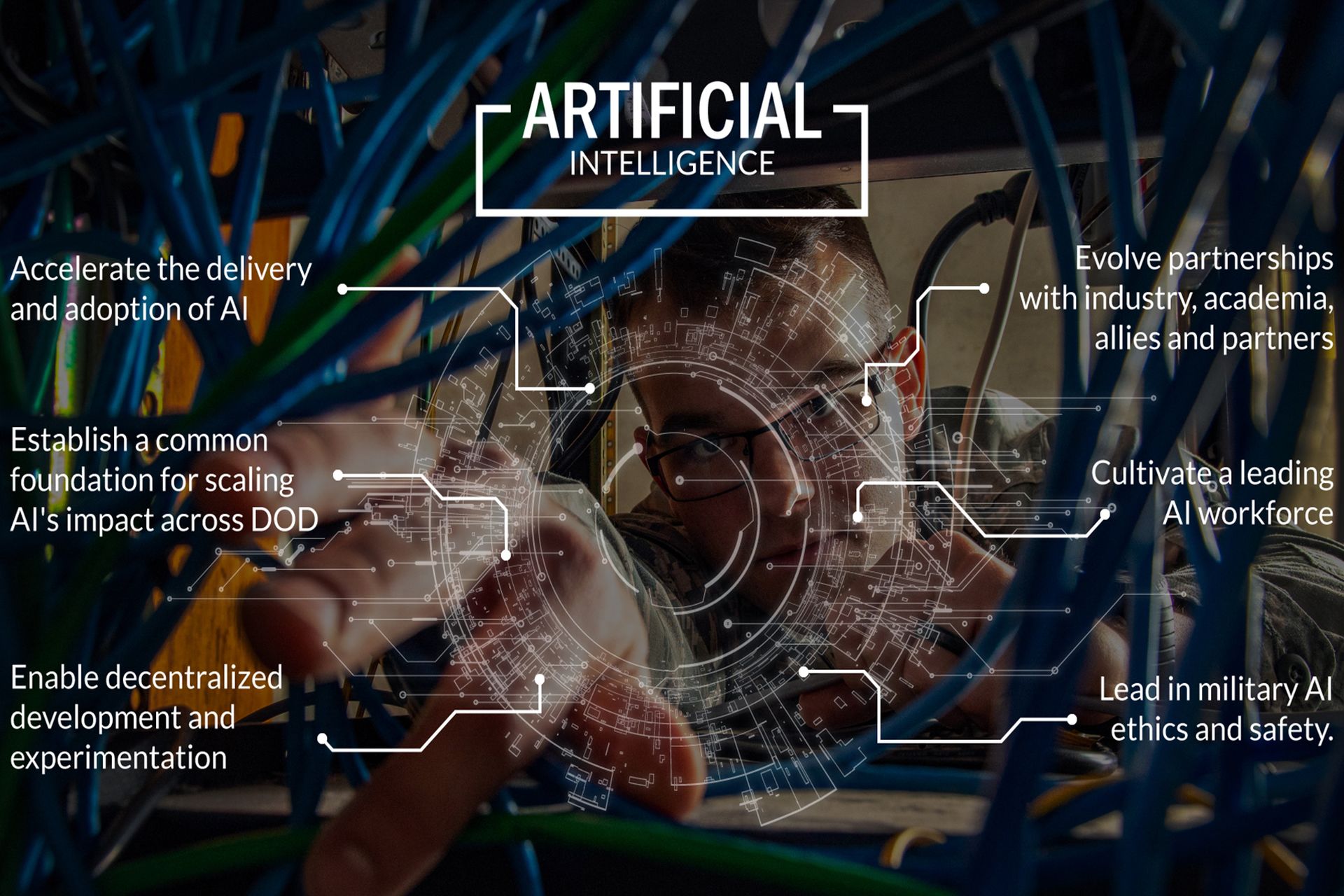
Ensuring that technology powered by artificial intelligence will work anywhere requires that AI is “trained” on a diverse data set that readies it for deployment anywhere in the world.
That’s something the Joint Artificial Intelligence Center is well aware of as it pushes forward with the Defense Department’s AI strategy, the center’s director said.
Diversity in training models is a challenge, Nand Mulchandani said during the VentureBeat Transform 2020 virtual conference on artificial intelligence July 17.
“When you think of sort of an oxymoron like mass customization, think of a single system that’s deployed worldwide, globally,” he said. “We’ve trained the model on a particular training data set. But that data set is not representative of say, global terrain, or global information, or even things like faces. So when you think of the diversity of … humankind out there, … if you’re doing something like facial recognition or something, the training data set from a testing and representative perspective is so important.”
From the testing and evaluation side, Mulchandani said, it’s important for the JAIC to be able to ensure an AI system is trained in a diverse enough way that it can be deployed globally and work anywhere.
“What we’re finding is … we’re still in the early days of AI where the ability for a single dataset to perform in multiple different environments and applications is incredibly important,” he said.
Mulchandani also addressed concerns that DOD might be difficult to work with for smaller companies involved in artificial intelligence research and development.
“From the outside, there seems to be this idea that the DOD, the Pentagon, has a very hard time liaising and working with tech startups and even large tech companies,” he said. However, he added, there’s a lot of change going on at DOD as the department partners and works directly with large and small tech companies.
The JAIC now has projects going on with startup companies that have as few as seven employees, he noted.
“The ability for us to have those direct conversations, direct work with them — the environment has never been better,” he said. “And there’s huge changes going on in terms of how acquisition gets done, how we actually acquire, procure and deliver software inside the DOD from a cloud perspective, and other things.”
from Defense News by DefenceTalk.com https://ift.tt/2WB1QLS
via Defense News
No comments: